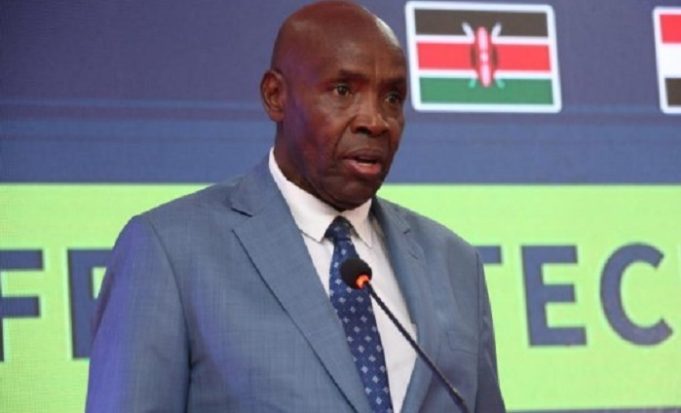Grade 1-7 Learning Areas and Lessons Reduced in on Ongoing Rationalization Exercise
The Presidential Working Party on Education Reforms had recommended that the Ministry of Education rationalise the number of learning areas across the various levels of basic education to eliminate duplication and overlaps.
The Kenya Institute of Curriculum Development made the necessary consultations and in exercise of its statutory mandate under Section 4 of the KICD Act moved to rationalise the learning areas as recommended.
The rationalised learning areas were submitted in Parliament on Wednesday by Education Cabinet Secretary Ezekiel Machogu in a report on the status of examination preparedness among other key issues.
Machogu said Pre-Primary school, that is PP 1 and 2 shall have their learning areas remain the same.
“The learning areas at this level are currently five (5); hence, they shall remain as they are until a review is undertaken,” the report read.
Read also:
KNEC to spend Ksh 500m in Transporting KCPE, KCSE Papers
Members of Parliament Demand Policy on School Uniforms
KNEC Warns Science Teachers, Centre Managers From Leaking KCSE Practicals
Inside The Approved 2023 KCSE Grading Structure
Centre Managers to Collect KCPE, KCSE Papers Twice a Day
The CS said Lower Primary ranging from Grade 1 to 3 have had their learning areas reduced from the current eight to seven.
He said the number of lessons will also be reduced from 35 to 31 per week, including the Pastoral Programme of Instruction.
Upper Primary school learners from Grades 4 to 6 will have their learning areas reduced from 10 to eight.
“The number of lessons to be reduced from 40 to 36 per week including a Pastoral Programme of Instruction,” Machogu said.
For Junior School, the learning areas are to be reduced from 14 to nine.
The number of lessons has also been reduced from 45 to 43 per week including the Pastoral Programme of Instruction.
Senior School’s learning areas have been reduced to seven.
“However, the curriculum designs for Senior School will be finalised once the process for Junior School is concluded,” Machogu said.
The Working Party recommended that KICD rationalise the learning areas after noting complaints from stakeholders about the high cost of the curriculum and the high number of learning areas.
KICD CEO Charles Ong’ondo acknowledged that people had raised concerns over the idea of scraping some subjects and learning areas in the Competence-Based Curriculum.
Ong’ondo said some people had fears that if some learning areas were scrapped, then learners would have fewer options to choose from when picking subjects for their career paths.
Speaking in an interview with Citizen TV on August 10, Ong’ondo said the institute was not scrapping learning areas but rather, rationalising them.
“Just to assure the country, what we are doing is not scrapping nor is it killing learning areas as some people have said. We are rationalising,” he said.
The KICD boss said one of the ways the institute is rationalising the curriculum is by looking at some learning areas which have related strands and sub-strands and accommodating them in one learning area.
“You look at a learning area in Junior School like health education and then you say there is a lot of overlap between some of the issues that we are dealing with in Health education that could be accommodated within the broader area of science,” he said.
He said the move to accommodate some learning areas in others is better than scrapping them off in totality.
“This makes sure that the critical competencies that learners are supposed to have are not lost. It also makes sure that we are still giving the learners adequate exposure to be able to choose the specific career pathways they want,” Ong’ondo said.




